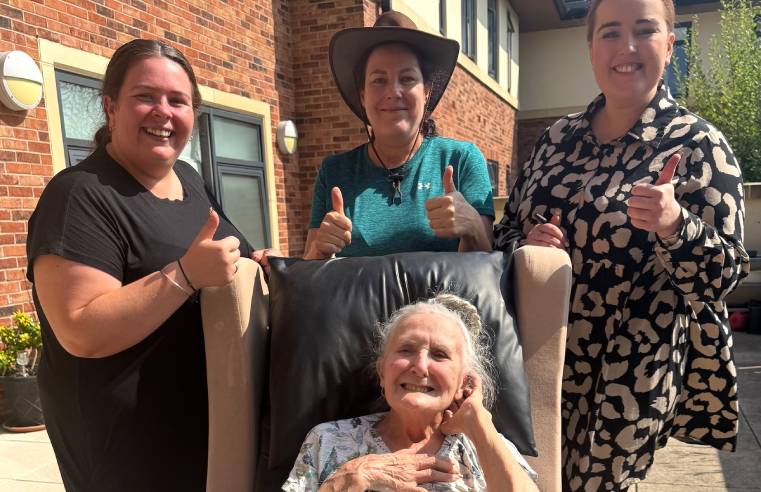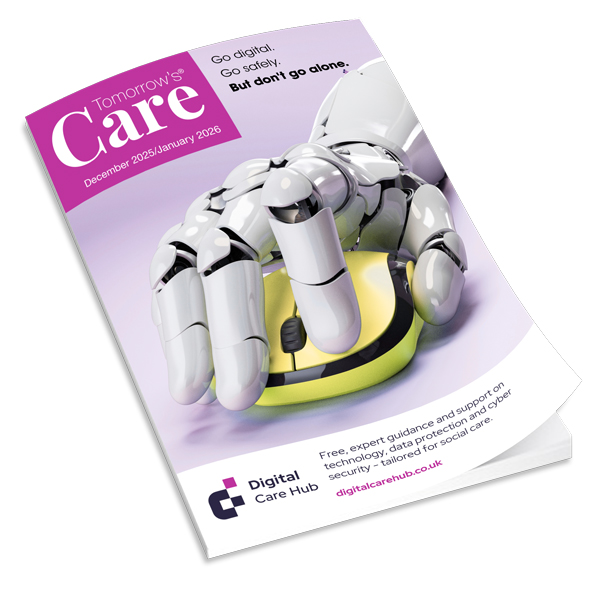“We’re not trying to predict future dementia, but we are trying to see if we can find a change in a pre-clinical disease state, before people exhibit any symptoms, and identify if a combination of these markers show change over time.
“If we can find a change in the pre-clinical phase this would enable the clinical trials to find a treatment for Alzheimer’s disease.”
Tests conducted on volunteers during the programme will include sophisticated memory tests, retinal imaging to explore the changes in central and peripheral vision, and wearable devices that will give researchers detailed information on people’s movement and gait.
The Deep and Frequent Phenotyping study hopes to deliver results that could make a difference to and improve people’s lives.
Previously, between 2002 and 2012, 99% of clinical trials into treatment for Alzheimer’s failed probably because, according to the Medical Research Council, the treatments were being conducted on those who have already sustained irreparable damage to the brain.
Secretary of State for Health, Jeremy Hunt, said: “Dementia can be a heart-breaking condition, but it is my mission as Health Secretary to make this country the best place in the world to get a dementia diagnosis and support, as well as being a global leader in the effort to find a cure. This extra investment is a vital step forwards towards that goal.”
The team, lead by the University of Oxford, comprises eight UK universities and the Alzheimer’s Society.
Speaking about the study Matt Murray, Engagement and Participation Manager at Alzheimer's Society spoke about the charity’s involvement: 'This exciting research will help transform our understanding of the earliest signs and symptoms of dementia, supporting researchers to ensure that they recruit the most appropriate people for their trials.
"With help from Alzheimer's Society, people in the early stages of dementia tried out the procedures that are involved in the study and shared their experiences to ensure the trial wouldn't be daunting for others. While people were nervous about some of the tests, this try out stage successfully made them feel more comfortable recommending the study to other people. Making sure that people affected by dementia have their voices heard when studies are being designed is an essential step and gives the trial the greatest chance of success.
"As a result, we are confident that the larger study launching today will be of the highest quality and will have a reduced risk of people dropping out."





















